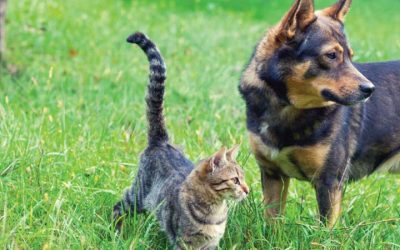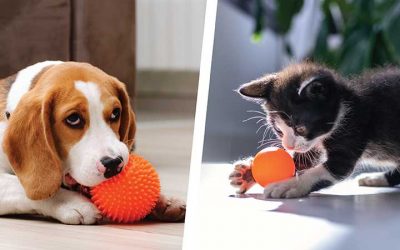
We all love spending quality time with our pets on a hot summer’s day. However, we need to stay vigilant in summer, as the warmer weather can expose our pets to several dangers.
One of these dangers is heatstroke. Heatstroke, or hyperthermia, occurs when your pet’s body temperature rises rapidly. It is a life-threatening condition that requires immediate treatment.
There are several causes for heatstroke, including:
- Being left in a hot car,
- Being left outdoors during extreme heat,
- Not having enough shade and water when outdoors,
- Exercising in hot weather.
It is important to know the signs of heatstroke – even if you avoid all the above.
Your pet may show some or all of the below symptoms:
- Excessive panting,
- Restlessness,
- Drooling excessively,
- Becoming unstable on their feet,
- Their gums turn a bluish-purple or bright red colour.
If your pet is showing any of the above symptoms, you must take them to a vet immediately.
Make sure to cool your pet while you are on your way to see us.
The most effective way to cool your pet is by using a fan or air-conditioning. You can also use a damp towel or a spray bottle filled with water to cool them lightly. It is important not to submerge your pet in ice-cold water, as this could be detrimental to their recovery.
Other warm-weather tips:
- In hot weather, it is also essential to keep your pet’s feet in mind – if the pavement is too hot for your bare feet, it is too hot for your pets! Keep them inside, walk in the shade, or use pet socks/shoes if it’s not possible to keep them off hot surfaces.
- Always ensure there are plenty of cool places with shade and fresh water for your pet to access on hot days. Never leave them unattended in a car, even if the windows are down.
- Before the weather gets too warm, book your pet in for a groom to remove any unnecessary shedding hair, and a trim where suitable. Do not shave your pet’s coat yourself – some breeds require their coats to help regulate body temperature.
- Brachycephalic dogs are more susceptible to heatstroke and can develop serious health issues quickly due to their inability to pant efficiently. If you own a brachycephalic dog (a dog with a flattened face, such as a French or English bulldog, Pug, Boston terrier, Pekinese, Boxer, etc.), please be very mindful of their whereabouts on a hot day, and keep an eye out for any of these symptoms.
If you think your pet is suffering heatstroke, or you want to know more about how to prevent it, call our team today!
RELATED ARTICLES
Parasites
As the weather warms up, we start to see more parasite problems for all sorts of pets.Here are some of the more common parasites we come across, as well as some information on the problems they cause and how to get rid of them. Fleas Fleas are relatively easy to spot,...
Itchy skin and ear infections
Around springtime, we often see an increase in itchy skin (dermatitis) and ear infections in dogs and cats. How to spot itchy skin You should know almost right away if your cat or dog has dermatitis. Here are a few of the common signs: Constant scratching, licking, or...
Feline AIDS
The Feline Immunodeficiency Virus (FIV) causes feline AIDS and is relatively common in Australia and New Zealand, with up to 25% of domestic cats testing positive for the virus. This disease is incurable. It compromises the efficiency of a cat’s immune system by...
Keeping your pets active in winter
It can be hard to get out of your warm bed or off the cosy couch on a winter’s morning for exercise, and your pet can feel the same way too! It's important to continue exercising your pet in winter, as well as keeping them mentally stimulated. Being cooped up inside...
RELATED
ARTICLES
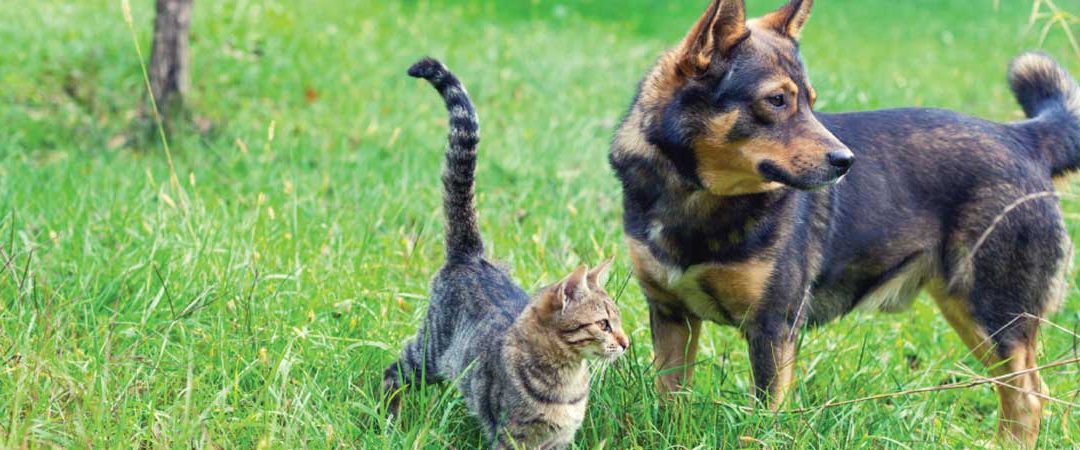
Parasites
As the weather warms up, we start to see more parasite problems for all sorts of pets.Here are some of the more common parasites we come across, as well as some information on the problems they cause and how to get rid of them. Fleas Fleas are relatively easy to spot,...

Itchy skin and ear infections
Around springtime, we often see an increase in itchy skin (dermatitis) and ear infections in dogs and cats. How to spot itchy skin You should know almost right away if your cat or dog has dermatitis. Here are a few of the common signs: Constant scratching, licking, or...
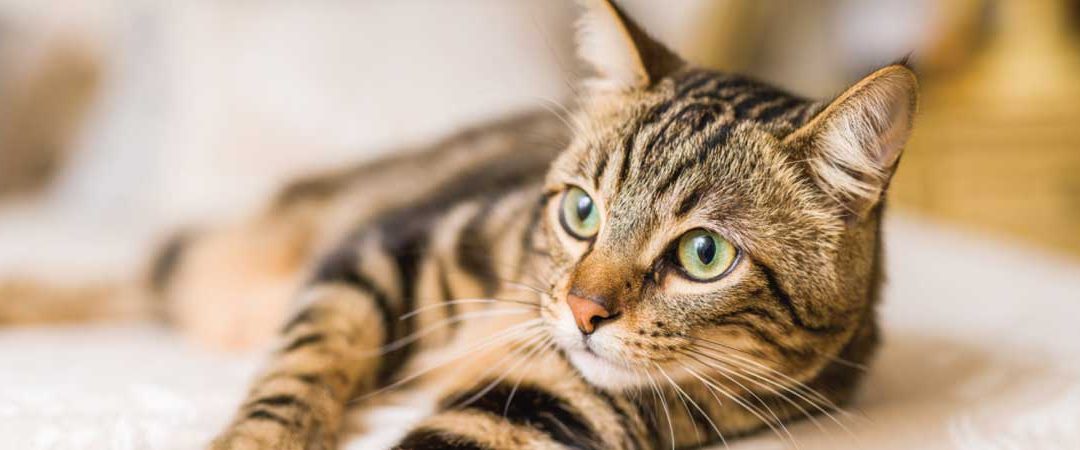
Feline AIDS
The Feline Immunodeficiency Virus (FIV) causes feline AIDS and is relatively common in Australia and New Zealand, with up to 25% of domestic cats testing positive for the virus. This disease is incurable. It compromises the efficiency of a cat’s immune system by...
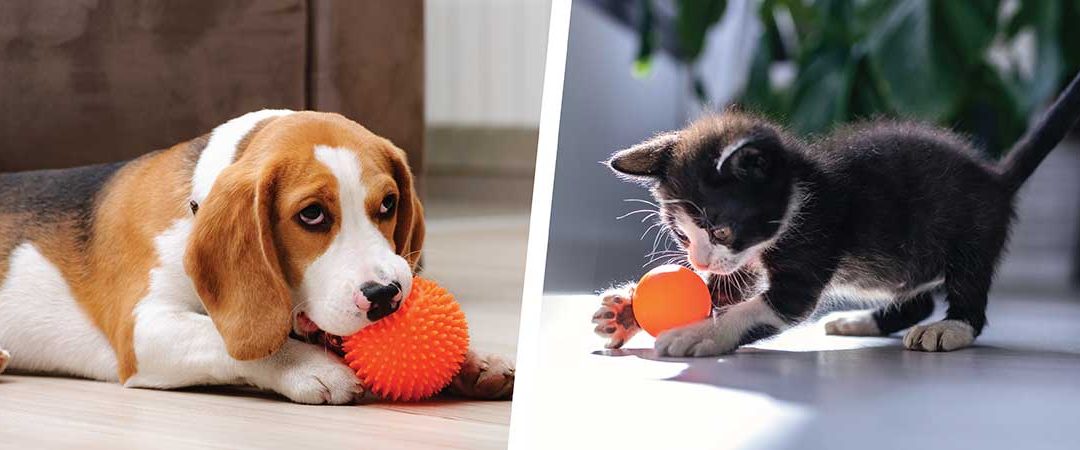
Keeping your pets active in winter
It can be hard to get out of your warm bed or off the cosy couch on a winter’s morning for exercise, and your pet can feel the same way too! It's important to continue exercising your pet in winter, as well as keeping them mentally stimulated. Being cooped up inside...
Call Us Today To Discuss Your Animal Needs
Business Hours Phone: 07 4693 2233




